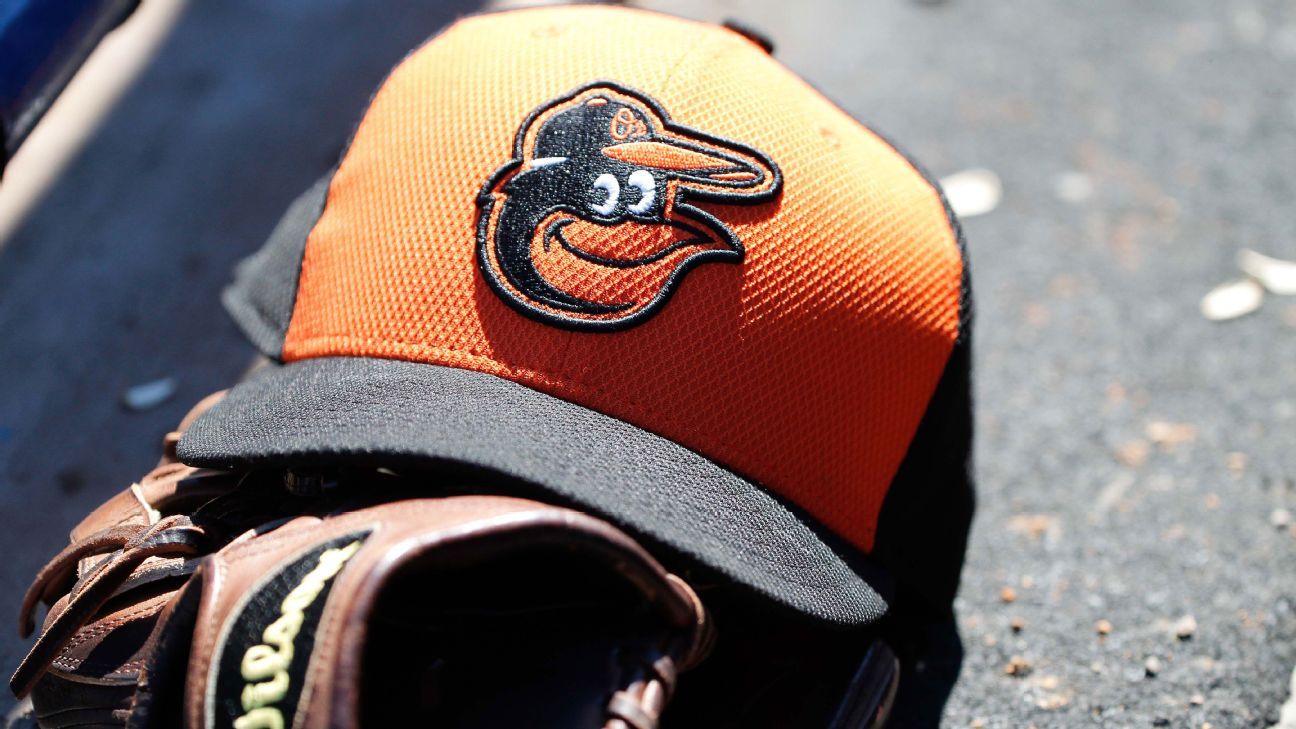
ST. PETERSBURG, Fla. — Not a single engine was fired in the NTT IndyCar Series paddock on the morning of Friday, March 13. A short time later, came complete silence and the overwhelming feeling of the inevitable.
The Firestone Grand Prix of St. Petersburg was canceled because of the COVID-19 pandemic. But that wasn’t all, the first four races of the season were either canceled or postponed.
It remains to be determined if any of those races scheduled for St. Petersburg, Alabama’s Barber Motorsports Park, the streets of Long Beach, Calif., and Circuit of The Americas in Texas will be rescheduled.
Once the cancellation was announced, IndyCar teams began loading equipment into the team transporters. Instead of racing engines, the sound of diesel engines were heard as the transporters began their long journeys back to the race shops.
There are times in life that are far bigger than auto racing, and this has become one of those times. It’s an eerily familiar feeling to what many of us experienced in the days following the terror attacks of Sept. 11, 2001.
That was a time when Americans banded together like hadn’t been seen since Apollo 11, when man walked on the moon for the first time on July 20, 1969. Or during World War II, when the United States sent men off to battle and those who remained went to work and made sacrifices for a common cause.
Unfortunately, this time is different.
In a world driven by social media, we see complaints about the race being canceled. Some called it a “knee-jerk” reaction, others were hostile because they had been waiting for months for the start of the racing seasons. Some were mad about the reality that they spent money on travel and race tickets to attend the St. Petersburg event and they won’t get any money back.
Instead of unity, we see divisiveness, even disobedience of official directives to avoid large social gatherings in an attempt slow the spread of the virus.
The Center for Disease Control recommended folks stay home and avoid contact with others for a 60-day period.
That period will end in mid-May, just in time for the 104th Indianapolis 500 at Indianapolis Motor Speedway.
Officials at Indianapolis Motor Speedway and at IndyCar remain cautiously optimistic the Indy 500 and the GMR Grand Prix of Indianapolis can be run on schedule. (At the end of March, the decision was made to reschedule the Indianapolis 500 for Aug. 23 and the GMR Grand Prix for July 4 as part of Brickyard 400 weekend).
Much of that, however, will depend on how society behaves during this crisis. By ignoring restrictions on social interaction, it could spread the virus. For the deniers who say, “It’s just the flu,” they need to understand the rapid rate at which the coronavirus spreads is what makes it different.
It’s true that only a small fraction of citizens will get sick from COVID-19, but for those who do it can be fatal, especially for the elderly and others with underlying health issues.
The other danger is that even those who do not become sick from the coronavirus can spread it to others.
The stark contrast of life in America in 2020 can be seen on a Sunday morning at a shopping plaza. Inside the supermarket are panic-driven shoppers, hoarding everything from toilet paper to ground beef and other highly perishable meats and produce.
Some of that food will be frozen, but how much of it will eventually get thrown away and wasted because “it’s been in the freezer too long?”
Next to the fear-motivated shoppers in the supermarket was a restaurant where its customers were enjoying a leisurely Sunday brunch without a care in the world.
There is tremendous confidence that, over time, health officials and researchers will find a vaccine to treat COVID-19. But that takes time and the best way to “flatten the curve” of spreading the virus is to stay home.
The economy will take a huge hit over the next 60 days, but the economy will bounce back. It almost always does, but it will take time.
For now, terms such as aeroscreen and Next Gen cars don’t have the relevance they did in January and February when race fans were gearing up for another season. Jimmie Johnson testing an Indy car at Barber Motorsports Park or Fernando Alonso running in another Indianapolis 500 don’t seem important any longer.
It’s time to be vigilant, but not panic.
The sky is not falling, but it’s going to have a dark, gray cloud of uncertainty hovering overhead for the next two months.
Eventually, the sun will come out, the coronavirus will subside and racing will return.
In the meantime, put aside your selfishness and think of helping the greater good.















 Phone: (800) 737. 6040
Phone: (800) 737. 6040 Fax: (800) 825 5558
Fax: (800) 825 5558 Website:
Website:  Email:
Email: 






